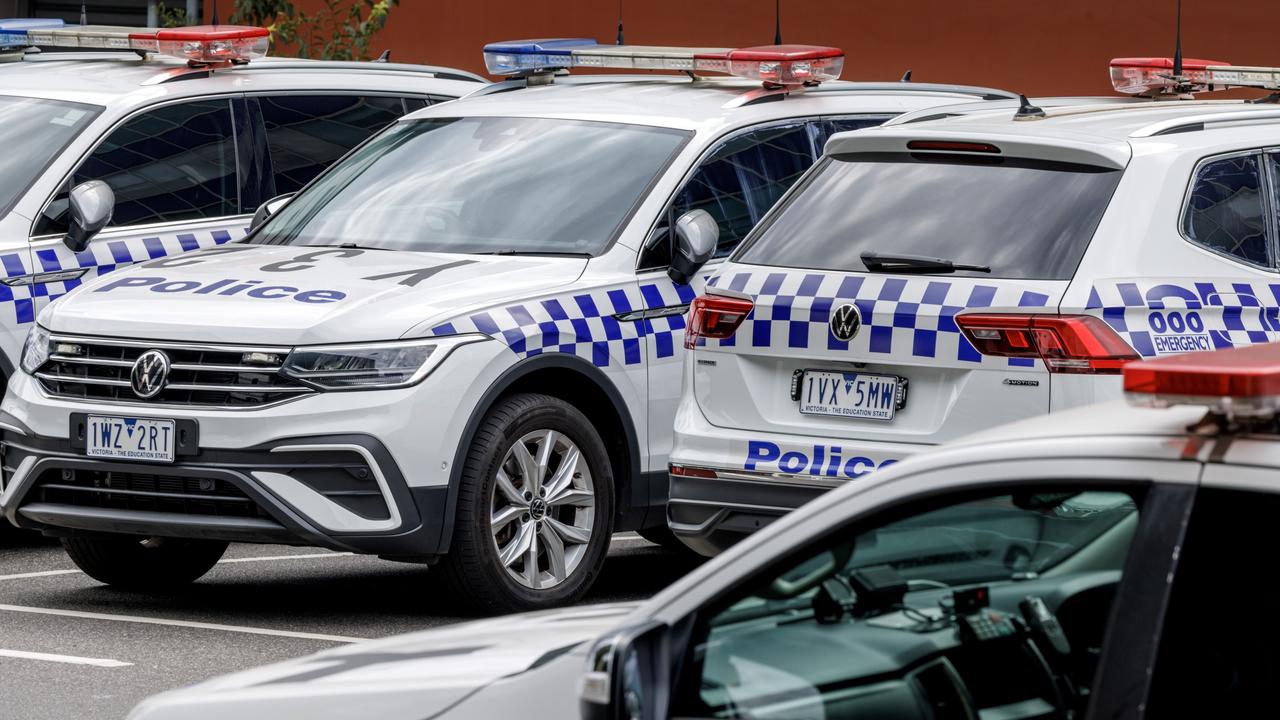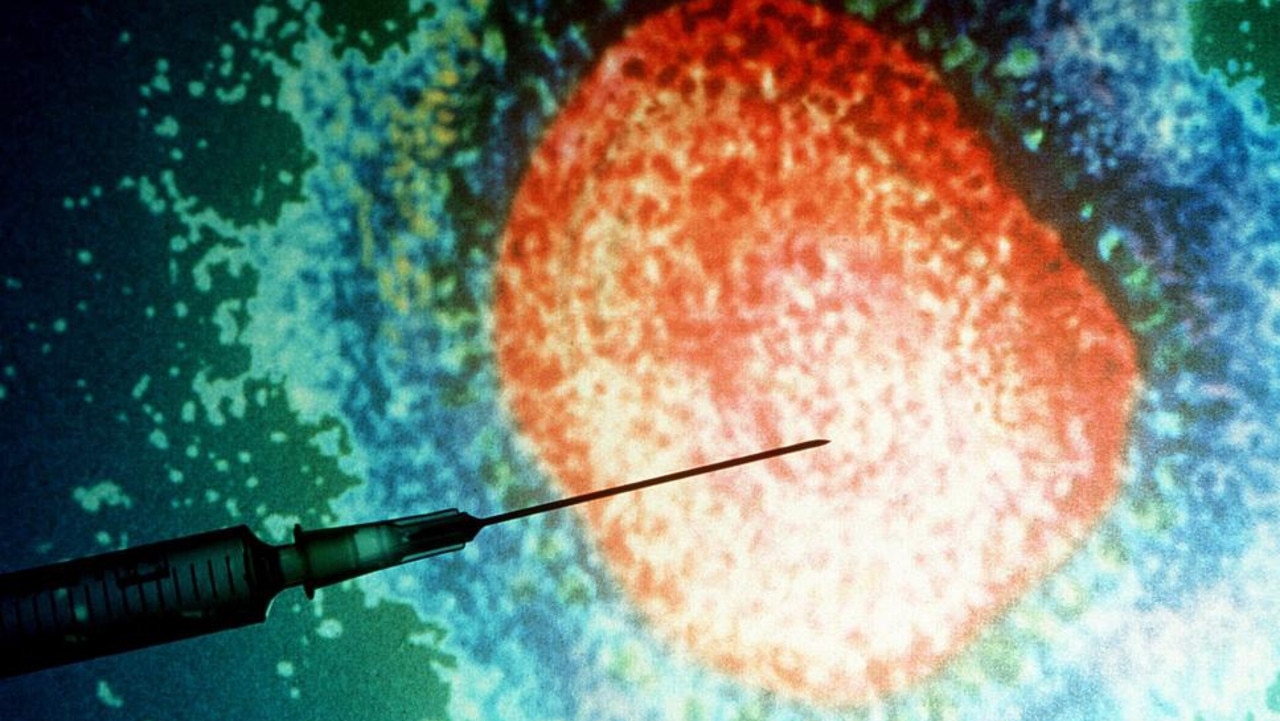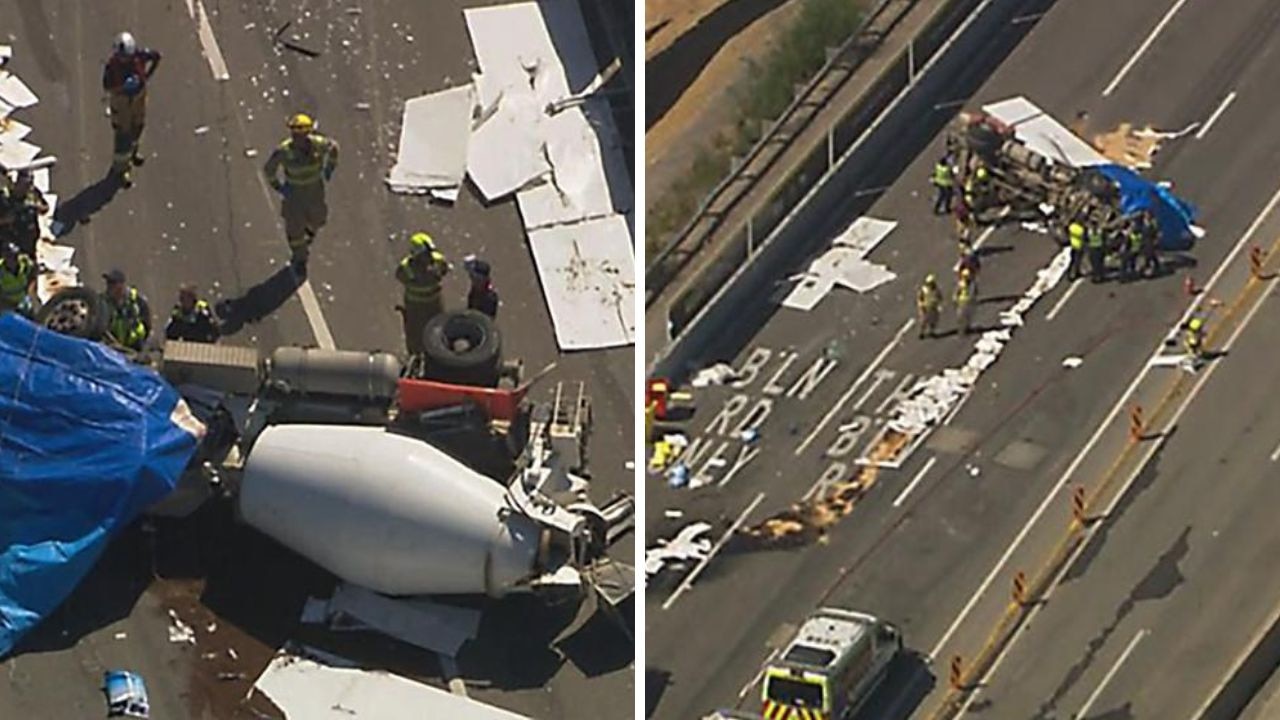Melbourne asbestos testing spreads as toxin found in the east suburbs
The spread of asbestos at parks and reserves in an Australian capital city is getting bigger.
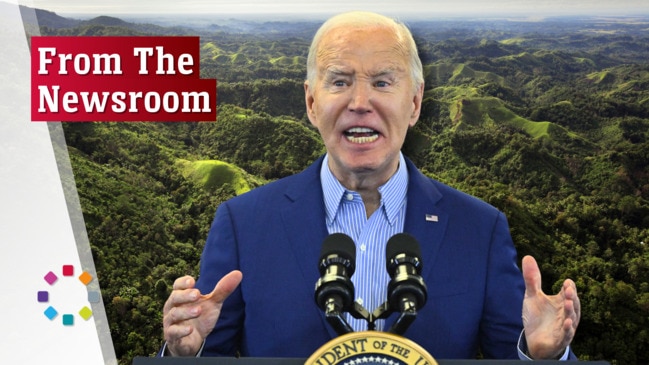
The Victorian Environment Protection Authority continues to find asbestos in mulch at more and more Melbourne parks.
The asbestos is in its bonded form, not the friable state which causes cancer.
The ongoing investigation has now found contamination across on the eastern side of the city, and in most cases the asbestos has been illegally and historically dumped at the parks and reserves.
A flurry of tests mostly in the Hobsons Bay council area, but also in Brimbank Shire, Casey and Merri-bek was sparked by a parent finding asbestos a fortnight ago.
Since then, 13 parks have been found to have asbestos and five are suspected to, pending test results.
“It appears that the two most likely sources of asbestos contamination are deposits after mulch is laid (such as littering, dumping, flood wash) or it was already on the site and mulch laid over it, including new mulch that has been deposited on top of older mulch still present at the site,” the environment authority said last week.
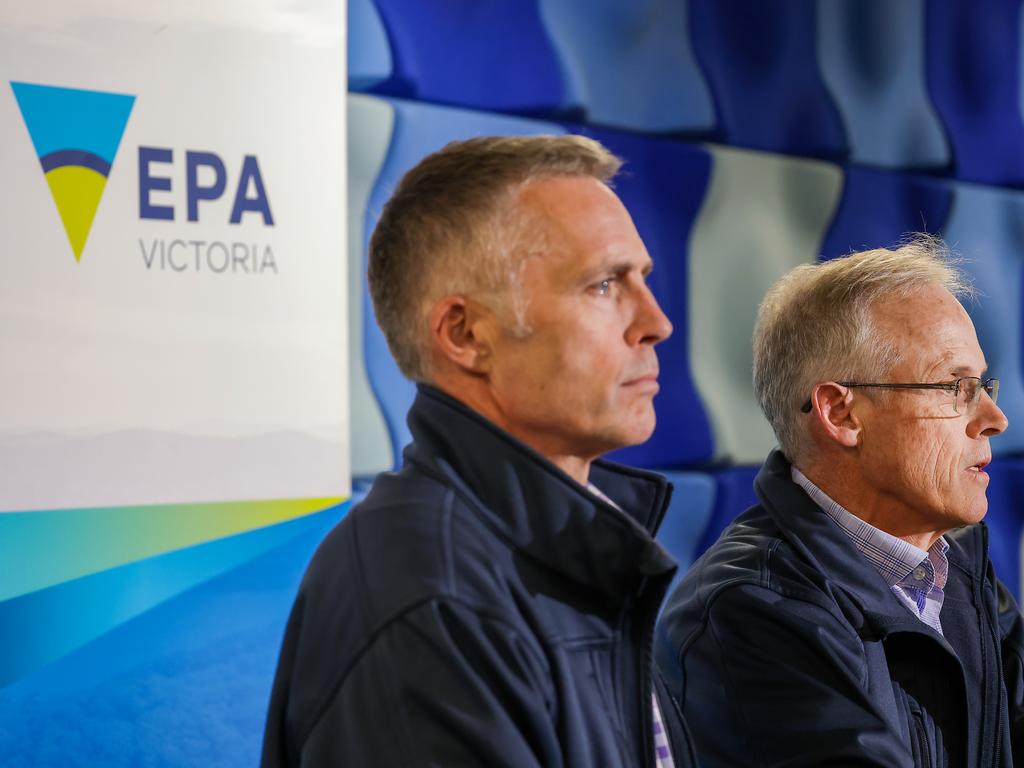
But this week the net authorities may need to cast grew eastwards, as the City of Casey found asbestos in a mulched garden bed at Minihans Reserve in Cranbourne, as part of a proactive inspection program.
In the wake of the initial discoveries and testing across multiple parks two weeks ago, Victoria’s chief environmental scientist, Mark Patrick Taylor, said there was a very minimal health risk with the bonded asbestos, as it would need to be cut, ground up and inhaled to be cancerous.

Contaminated mulch in Altona, Altona North and Altona Meadows have been remediated with a rake taking material off the surface.
Just two of the 13 contaminated parks have been reopened; Fitzgerald Square Reserve in Sunshine West and Shore Reserve in Pascoe Vale South.
It comes as the NSW EPA investigates a criminal case concerning whether “allegations of foul play or criminal conduct” in the mulch supply chain led to asbestos being introduced.
More than 70 garden beds and parks are currently being tested across Sydney, with at least 25 sites already confirmed to contain asbestos.
The Victorian authority has previously stated mulch producers are “unlikely” to be responsible for the contamination, with the investigation indicating illegal dumping as the primary source.


